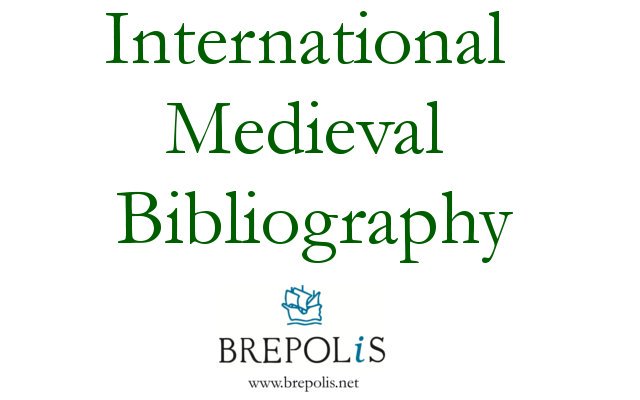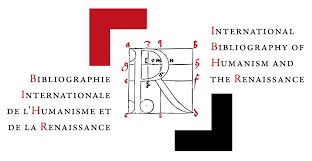Notes of an “outsider”: Jiří Weil on mass education and the book boom in Soviet society in the 1920s and 1930s.
DOI:
https://doi.org/10.31168/2073-5731.2023.3-4.16Keywords:
Czech literature, Jiří Weil, literary situation in the USSR in the 1920s and 1930s, Soviet readerAbstract
The article deals with the journalistic heritage of the Czech writer Jiří Weil, dedicated to the cultural life of the USSR in the 1920s – 1930s. In particular, his essays and reports published from 1923 to 1936 in various Czech publications and devoted to cultural and educational policy, the role of books in Soviet society, the erudition of Soviet readers, their literary tastes and priorities are analyzed. This corpus of texts is introduced into Russian scientific circulation for the first time. When analyzing them, an attempt is made to identify the main thematic blocks that are significant for the Czech writer, and the specifics of the addressee are also taken into account – the Czech readership, who knows little about the USSR, but has a certain level of expectations formed (most often by Western media). The conclusion is made about the difficult position of Weil, who, on the one hand, being a communist and a correspondent of left-wing publications, was under the influence of communist ideology, and on the other hand, he tried to realize his own, purely individual view of things, which in many respects anticipated the depiction of Soviet reality in his fictional prose of the second half of the 1930s, in such novels as “Moscow-border” (Moskva-hranice) and “Wooden Spoon” (Dřevěná lžíce).
Received: 20.08.2023.
Revised: 01.09.2023.
Accepted: 12.09.2023.
Citation
Grasko A. V. Notes of an “outsider”: Jiří Weil on mass education and the book boom in Soviet society in the 1920s and 1930s. // Slavic Almanac. 2023. No 3–4. P. 320–341 (in Russian). DOI: 10.31168/2073-5731.2023.3-4.16






